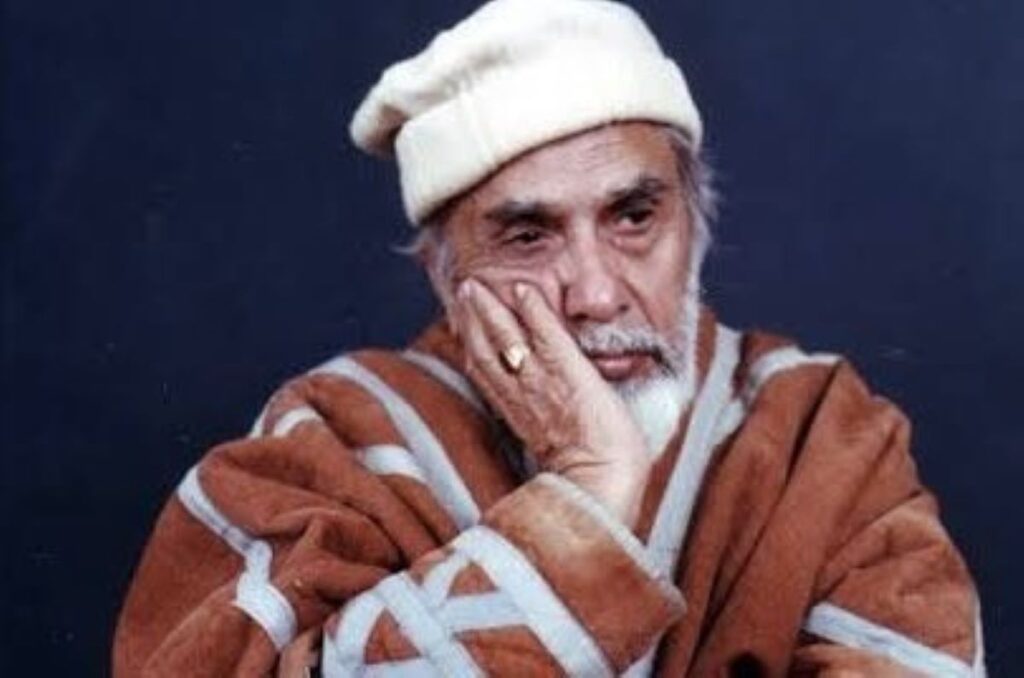KABUL: The Taliban regime has demolished the grave of Khalilullah Khalili, one of Afghanistan’s most celebrated Persian-language poets, writers, and historians, located within the grounds of Kabul University.
There are certain eyewitnesses that mention where the Taliban government used a tractor to remove the grave, erasing all physical traces of the burial site.
The destruction has created a widespread outrage among Afghan intellectuals, writers, and cultural activists, who view the act as a deliberate attempt to erase a key figure from the nation’s literary and cultural history.
In this regard, Khalilullah Khalili, widely regarded as one of the last classical Persian poets of the 20th century, was not only a prolific writer but also a historian, professor, and diplomat. His literary works are deeply rooted in themes of patriotism, exile, and human resilience earning him recognition and respect in both Afghanistan and Iran.
Another Example of the Taliban’s Inhumane Policies — Grave of Renowned Persian Poet Khalilullah Khalili Demolished at Kabul University
The Afghan Taliban Regime have demolished the grave of Afghanistan’s Persian-language poet, writer, and historian, Khalilullah Khalili, located… pic.twitter.com/rnaxB7J0Xt
— Eagle Eye (@zarrar_11PK) October 26, 2025
In this sense, he was born in 1907 in Kabul, Khalili served in various academic and diplomatic roles during Afghanistan’s modern era.
In addition, the political upheavals of the late 1970s, he lived in exile until his death in 1987. So far, his writings, particularly his poetry collections and historical essays, remain influential in Persian literary circles across the region.
Moreover, the demolition of his grave has been widely condemned by Afghan scholars and literary associations.
The Taliban regime continues to erode Afghanistan’s social and cultural fabric, with reports emerging of the destruction of graves and shrines belonging to prominent scholars and historians. These acts have created deep concern among local communities and international observers, who see them as part of a broader campaign to suppress the country’s rich historical and intellectual heritage.
At the same time, tensions have escalated along the Durand Line, the internationally recognized border between Pakistan and Afghanistan, as Taliban forces launch repeated attacks in the area. The fragile ceasefire between the two nations has now been put on hold, following renewed hostilities.
Meanwhile, diplomatic efforts to ease tensions continue, with a second round of talks recently held in Istanbul, Turkey, in hopes of preventing further conflict.
Many described it as an act of cultural vandalism that reflects the Taliban’s continued hostility toward intellectual and artistic expression.
“The destruction of Khalili’s grave is not merely the removal of a site—it is an attempt to erase memory and identity,” said one Kabul-based literary scholar, who spoke on condition of anonymity due to fear of reprisal.





